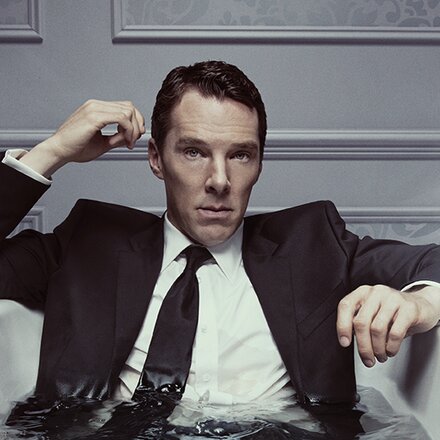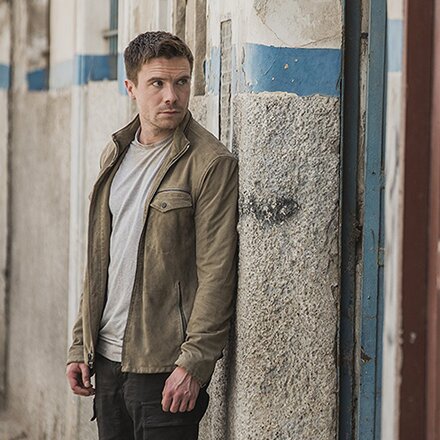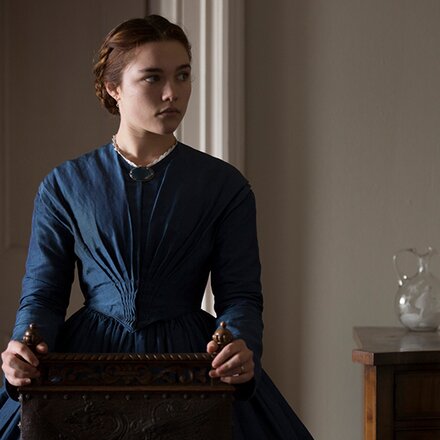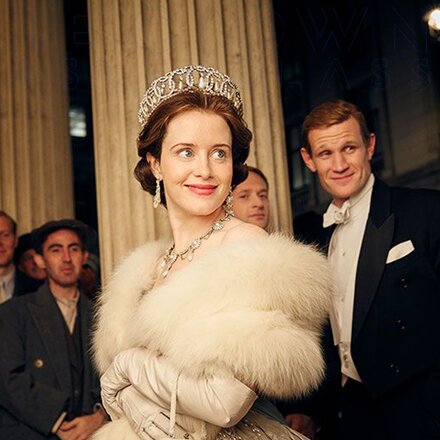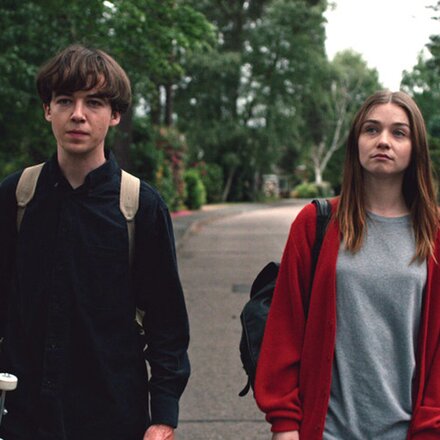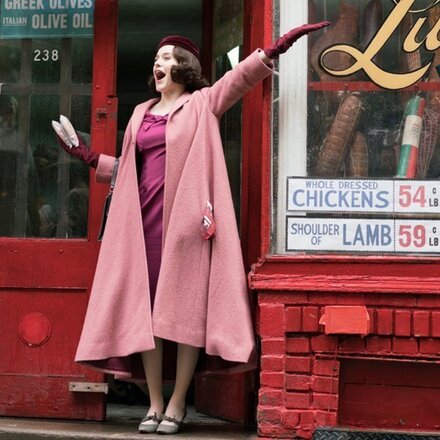Words by Matthew Bell
British director Julian Farino bagged a BAFTA for the drama mini-series Our Mutual Friend (1998) before jetting across the pond to carve out a career in the States, working on some of HBO’s biggest shows. Sex in the City, Rome and Entourage have all benefited from Farino’s assured direction.
Now he’s directed his first US feature, an unlikely comedy about an affair between a middle-aged man (Hugh Laurie) and his best friend’s daughter (Gossip Girl’s Leighton Meester). Allison Janney, Catherine Keener and Oliver Platt also star in a film that treats the ill-advised affair sympathetically.
“The Oranges has an ostensibly dark premise, but it’s not a dark movie,” says Farino. He was attracted to the script by its “generous view” of humanity. “It’s about human frailty – we all make mistakes but can survive them and even prosper. The movie was never, in my mind, brooding, introspective or edgy.”
The Oranges, a high point in Farino’s career, echoes much of his TV work in its feel: “People say my career is random: ‘You’ve done documentary and period drama and now comedy in America.’ But, for me, the way in is always the same. I Iike to like people; I’m not good at the dark stuff.”
Farino points to ITV’s Russell T Davies-penned drama, Bob and Rose (2001), about a gay man falling for a woman: “Bob and Rose dealt with ordinary folk during a heightened moment of their lives in the way The Oranges does. It had a non-sensationalist, delicate handling of character, rather than judgment.”
Farino’s BBC1 documentaries, notably 7 Up 2000 and 14 Up 2000 (2007), have that same sensibility. These were new versions – focusing on a group of children turning seven around the new millennium – of Michael Apted’s landmark series, which has followed the lives of 14 children since 1964. “It’s what you might call the ‘magic of the ordinary’. I like 7 Up for the same reason I like The Oranges – I’m shining a light on ordinary lives with compassion,” he says.
"To do is to learn - there's no substitute for getting out there and making things. Most directing is common sense. You can pick up and learn the technical side - it's what you do beyond that which defines whether you're good or not."
The director’s TV career began in unusual circumstances – presenting children’s show Record Breakers in 1985. Farino says it was “a complete accident”, the result of being noticed by the show’s producer when, fresh out of Cambridge University, he was editing The Guinness Book of Records: “I’d never wanted to be in front of a camera and I don’t think I was very good at it.”
Following this false start, Farino landed a job as a researcher at Granada. “As soon as I started working with filmmakers, I knew directing was what I wanted to do,” he recalls. His first programme as a director was an observational documentary about children’s party entertainers; [title (year) if you can find them]. “It turned out to be consistent territory for me – it was funny and sad,” he says.
His move from docs into fiction, like much of Farino’s career, was accidental – he went on a Granada training programme and received a three-word report that read, “Should do drama.”
A stint on Coronation Street in the early 1990s was followed by work on TV dramas Medics (1995), Out of the Blue (1996) and Wokenwell (1997). Next, a step up, as Farino directed the BBC’s Dickens adaptation Our Mutual Friend, Bob and Rose and the well-received feature film, The Last Yellow (1999).
“To do is to learn – there’s no substitute for getting out there and making things,” advises Farino. “Most directing is common sense. You can pick up and learn the technical side – it’s what you do beyond that which defines whether you’re good or not: how you deal with story; get to the heart of a scene; talk to actors.”
“I find working with actors incredibly straightforward. Actors don’t need to know about the meaning of life; they need to know if they need to be more angry or controlled. There’s no real mystery to it but by degrees you find your own sensibility.”
Moving to the States was another “accident”. Farino directed two episodes of Sex in the City after the show’s producers were impressed with his work on Bob and Rose. An offer to direct Entourage followed: “I thought, ‘Let’s go to America for a few months.’ I’m still there.”
"People say my career is random: 'You've done documentary and period drama and now comedy in America.' But, for me, the way in is always the same. I like to like people; I'm not good at the dark stuff."
Now based in Los Angeles, lately on the fittingly titled How to Make it in America, Farino says: “There’s so much energy there and American television is so well resourced. It has an enormous number of strengths but the model is mostly about building to something bigger and, ultimately, the holy grail of syndication because that’s when everyone gets rich.”
“Brits can do well in America because we’re grounded in reality – we seem to look for truth and emotion in stories. Americans do aspiration very well. I realised very early on, directing Sex in the City, how well they do glamour; [their shows] have a gloss. The marriage is a good one.”
But Farino hasn’t given up on Britain. “In my mind I still think I’m coming back; it’s just a case of when. I see myself as British,” he says. With producer Hilary Bevan Jones, he has a film of Anthony Quinn’s novel, Half of the Human Race, the love story of a suffragette and cricketer, in development.
Farino will return to direct 21 Up 2000 in late 2013. “For me, Michael Apted’s [original] series is the greatest thing that’s ever been on British television,” he says. “I know Michael very well from doing the Up series. I remember when he was directing the Bond [The World Is Not Enough] and he loved it. His career is very similar to mine: started at Granada; Coronation Street; 7 Up; and went to America.” And would Farino also like to direct a Bond-type action film? “I would, actually.”

